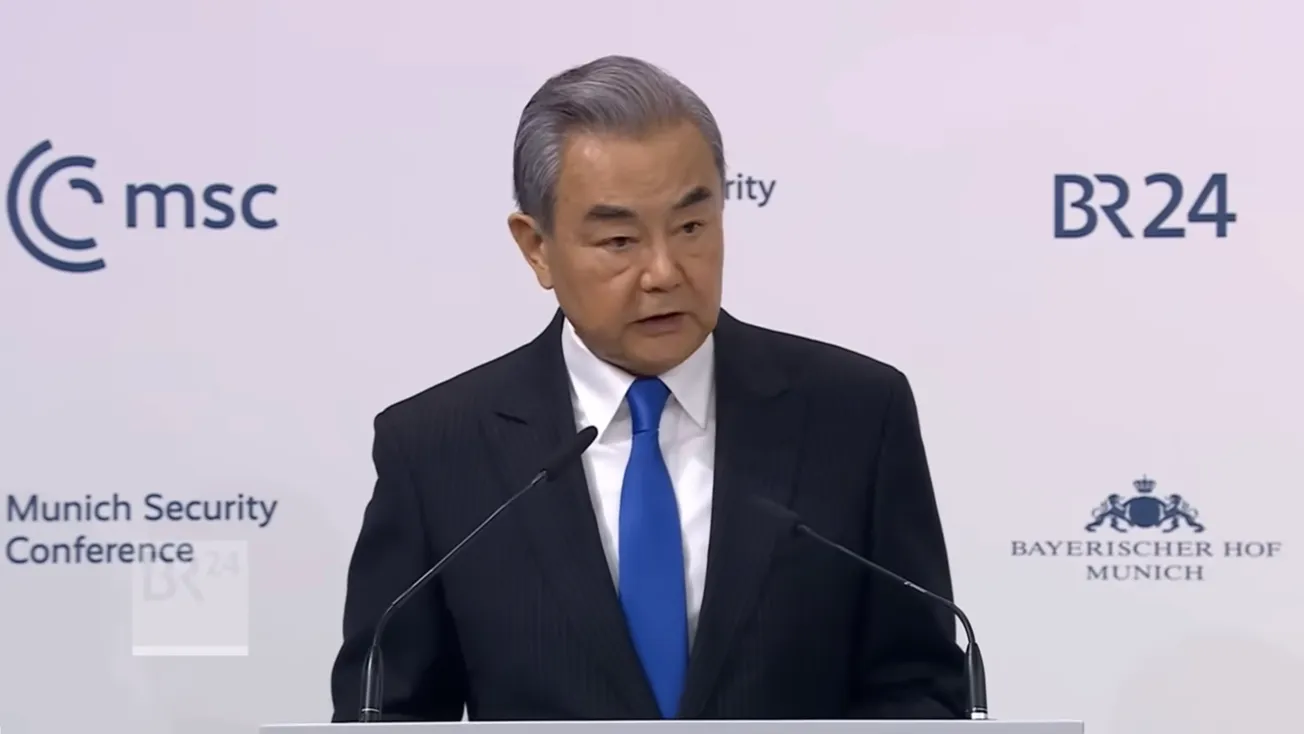This is a busy week for Chinese Foreign Minister Wang Yi who is spending a good deal of his time talking, in a variety of formats, with the Association of Southeast Asian Nations (ASEAN) member states. Aug. 3-6 happens to be in week with a good number of ASEAN events, and is a useful antidote to the blustering of U.S. Secretary of Defense Lloyd Austin, who spent last week in Southeast Asia as a part of Biden’s attempt to organize the region to contain China. U.S. Vice President Kamala Harris will also visit Singapore (Aug. 22) Vietnam (Aug. 24) soon as part of this “charm offensive.”
On July 28, Wang Yi attended the online 30th anniversary of the establishment of the China-ASEAN Dialogue Relations in Brunei Darussalam, the 2021 chair of ASEAN. There he underlined the “East Asia approach of East mutual respect and consensus, taking care of each other’s concerns and core interests, and establishing a model of equal treatment and peaceful coexistence.” On Aug. 3, he attended the ASEAN-China Ministerial Meeting, where he stressed the importance of ASEAN in China foreign policy, assured the ASEAN nations of Chinese support with vaccines and other weapons in the fight against COVID, and called for cooperation in promoting economic recovery, and in particular the China-ASEAN free trade zone.
On Aug. 4, Wang Yi attended by video the ASEAN + 3 meeting (which includes Japan and South Korea), where he called for greater integration of the ASEAN + 3 nations, particularly in the effort to revive the economy of the region after the COVID epidemic. He urged countries to take the ASEAN 10+3 cooperation mechanism’s 25th anniversary as an opportunity to formulate a 2023-2027 work plan, in order to devise ASEAN, China, Japan and South Korean’s future roadmap of cooperation.
Also on Aug. 4, Wang participated in the East Asia Summit, which involves 16 countries in the region including the United States. After his presentation, urging for East Asia cooperation, he was attacked by the U.S. and Japan on the usual issues, Xinjiang, Hong Kong, human rights. Wang Yi asked for the floor a second time to again refute these allegations. Wang Yi said that as expected, the United States and other countries will use the multilateral platform to attack and smear China’s internal affairs. “These clichés are not worth refuting, and none of the ASEAN countries agrees with you, but out of the principle of reciprocity, China certainly has the right to refute them. But for such abominable behavior, we will resolutely make refutation each and every time it comes up,” Wang asserted.



